The 10 Most Unforgettable Eurovision Songs Of All Time
From a classic performance by ABBA to the political posturing of Jamala, these are the best Eurovision songs in the contest’s history.
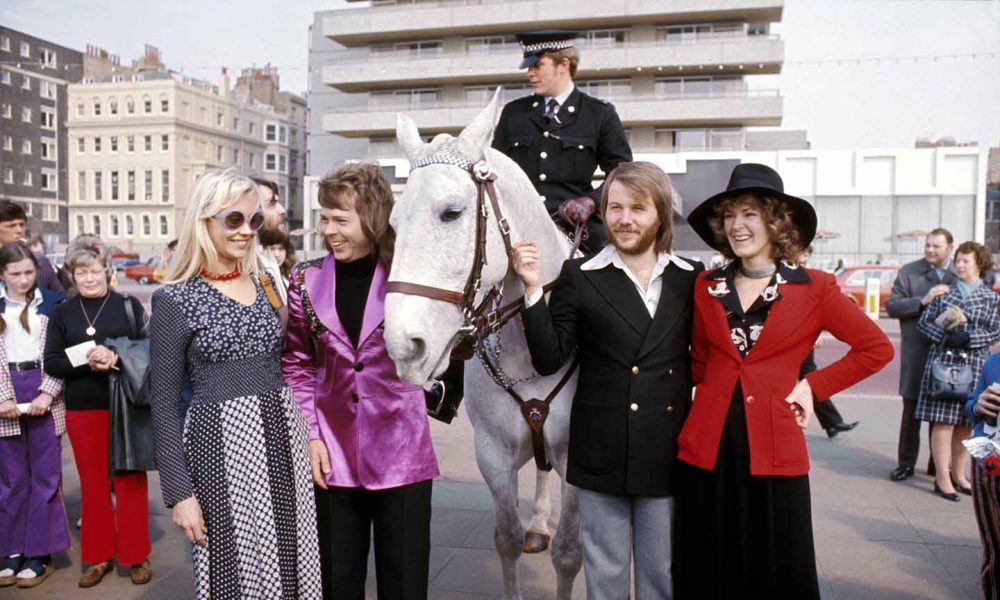
To celebrate everyone’s favorite televised music competition, we attempt to answer the impossible question: what is the greatest song ever heard at the Eurovision Song Contest? This is very much open to debate and personal preference, but we have put together a chronological list of what we think to be the 10 best Eurovision songs of all time.
Domenico Modugno: Nel Blu Dipinto Di Blu (third place, Italy, 1958)
Domenico Modugno’s “Nel Blu Dipinto Di Blu” is the only non-winning track to grace this list of the best Eurovision songs. Though it didn’t garner first place in 1958, it went on to be one of the most successful Eurovision songs of all time. You may be more familiar with its alternative title, “Volare,” and its many cover versions by artists such as Dean Martin, Louis Armstrong, and David Bowie.
During August and September 1958, the song spent five non-consecutive weeks at the top of the Billboard Hot 100 and was even Billboard’s No.1 single for the year. Modugno’s original recording of the hit also made history as the first-ever winner in the Record Of The Year and Song Of The Year categories at the first Annual Grammy Awards, in 1958.
Lulu: Boom Bang-A-Bang (joint winner, United Kingdom, 1969)
In 1969 the, Eurovision Song Contest had not one winner, but four!
Due to the lack of a tie-breaker system at the time, the 1969 judges struggled to pick between the four best Eurovision songs that year, eventually sharing the title between the UK, France, Netherlands, and Spain. Here we’re focusing on the UK entry by Scottish powerhouse Lulu.
Though not particularly elaborate in the lyric department (a probable reason for subsequent parodies of the song), “Boom-Bang-A-Bang” is a great example of 60s pop. Upon its single release, the song reached No.2 on the UK Singles Chart and was a major hit throughout Europe. It was temporarily banned and blacklisted during the 1991 Gulf War due to its potentially controversial title.
ABBA: Waterloo (winner, Sweden, 1974)
How can we talk about Eurovision without mentioning ABBA in the same breath? The now globally-adored quartet scooped the gold for their home country of Sweden, in 1974. Beyond the now-infamous outfits worn for the performance, the song itself is an example of how to assemble a perfect pop anthem – something the band went on to repeat and perfect for years following the contest.
Brotherhood Of Man: Save Your Kisses For Me (winner, UK, 1976)
Following in the footsteps of ABBA’s win two years previously, this UK quartet was comprised of two men and two women. The song’s tale was that of a man on his way to work, lovingly saying goodbye to, seemingly, his wife – though the final line reveals he’s actually singing to his three-year-old child. Adorned in flared trousers and equipped with easily imitable dance moves, this upbeat pop performance was voted in first place.
Olsen Brothers: Fly On The Wings Of Love (winner, Denmark, 2000)
When the grand final came around in 2000, pundits had low expectations for “Fly On The Wings Of Love,” a classic ballad performed by two of the oldest performers of the year. However, when it came to collating the votes, the song ran away with the competition, leading the way from start to finish and earning its place among the best Eurovision songs in the contest’s history. It even went on to become a club hit when Spanish dance group XTM and DJ Chucky released a cover of the song in 2003.
Lordi: Hard Rock Hallelujah (winner, Finland, 2006)
Arguably the most controversial Eurovision winners ever, Finland’s horror mask-sporting rockers Lordi trampled the competition when they won the 2006 Eurovision in Athens with their anthemic “Hard Rock Hallelujah.”
Aside from introducing a Sex Pistols-esque frisson of danger to the contest, the band’s victory represented Finland’s first-ever Eurovision victory after 45 years. One of very few hard rock-related triumphs in a show specializing primarily in soft pop, “Hard Rock Hallelujah” has since served Lordi well. They still raise rock’n’roll hell, releasing their most recent studio album, Sexorcism, in 2018.
Lena: Satellite (winner, Germany, 2010)
Lena was only 18 when she took the contest by storm in 2010, and it was this youthfulness that seemed to be a breath of fresh air for the final. Between the ballads and dance tracks performed that year, “Satellite” stood out as a simple yet self-assured pop number. The performance itself was pared down and put the song, which is catchy as hell, at the forefront.
Loreen: Euphoria (winner, Sweden, 2012)
Platinum status in eight countries, 17 No.1s, and officially the most downloaded Eurovision song of all time, Loreen’s “Euphoria” more than qualifies for this list of the best Eurovision songs. The Eurodance hit was completely infectious – perfect for the competition and dancefloors alike. Above all, Loreen’s vocal performance was incredibly impressive, soaring into some unenviable high notes that stole the show.
Emmelie De Forest: Only Teardrops (winner, Denmark, 2013)
The first of two entries from Denmark on this list, “Only Teardrops” combines traditional folk influences with on-the-pulse dance elements. It takes two classic routes followed by participants of the competition and blends them seamlessly, so it’s no surprise Emmelie De Forest’s song was voted the winner in 2013.
Conchita Wurst: Rise Like A Phoenix (winner, Austria, 2014)
Though this song may have attracted attention thanks to Conchita Wurst’s beard, the operatic pop song “Rise Like A Phoenix” was a spectacular tour de force. With a chorus that echoed its title with a powerful crescendo, the song was voted first place in 2014. It further cemented the Eurovision Song Contest’s affinity with the LGBTQ+ community and catapulted Wurst into idol status.
Jamala: 1944 (winner, Ukraine, 2016)
Veering away from the classic campery of previous entries, Jamala’s “1944” brought a political stance to the contest in 2016. The song’s lyrics reflected on the deportation of the Crimean Tatars by the Soviet Union in the 40s, because of their alleged collaboration with the Nazis.
Delivering a dramatic and rousing performance, Jamala was inspired by the real story of her great-grandmother who was deported, along with her five children, while the singer’s great-grandfather was fighting away from his family in World War II.


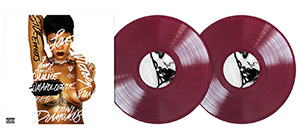
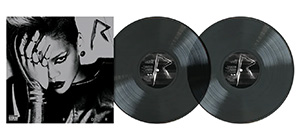
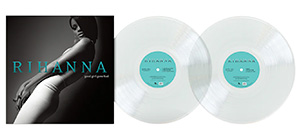



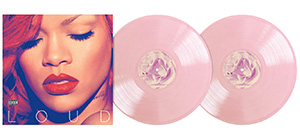
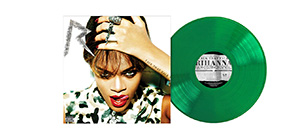
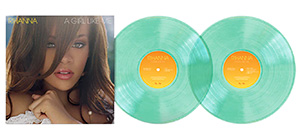
Elle hallen
May 17, 2020 at 3:12 pm
Verma from Ukraine was better than a number of these, certainly longer lived and more popular.
luis moreno yao
May 18, 2020 at 12:09 pm
Why isn’t there fairytale????????????
Nicky Larson
May 27, 2020 at 6:13 pm
No fairytale and no Turkish songs at all this site is biased.
Detu
July 2, 2020 at 10:08 pm
Comme on guys! Worst choise ever. No Ne partez pas sans moi, Insieme or Après moi? You really notice almost only English songs? Rubbish.
hountoumadi anastasia
April 24, 2021 at 11:07 am
faitytaleeeeee
esha
June 1, 2021 at 7:22 am
fairytale is wayy better than any of them!
ori
February 2, 2022 at 1:37 pm
Diva… duh
Phil Foster
May 28, 2022 at 8:15 am
I cannot believe that “Nocturne” (1995 winner) by Secret Garden (Norway) has not even been given a mention. Really, it should not only be on the list; it should be ranked first!
Perhaps the real reason is that it is a classic song! (Surely, it must be at least as good as the majority of those on this list…?!)
Does anyone out there agree with me? If so, please leave your comment… (And if you disagree, by all means, leave a comment, too…)
Maria Isabell Høgheim
June 18, 2023 at 1:35 am
Fairytale?
404thatsanerror
March 19, 2024 at 1:56 pm
i think fairytale and sound of silence should be at least mentioned